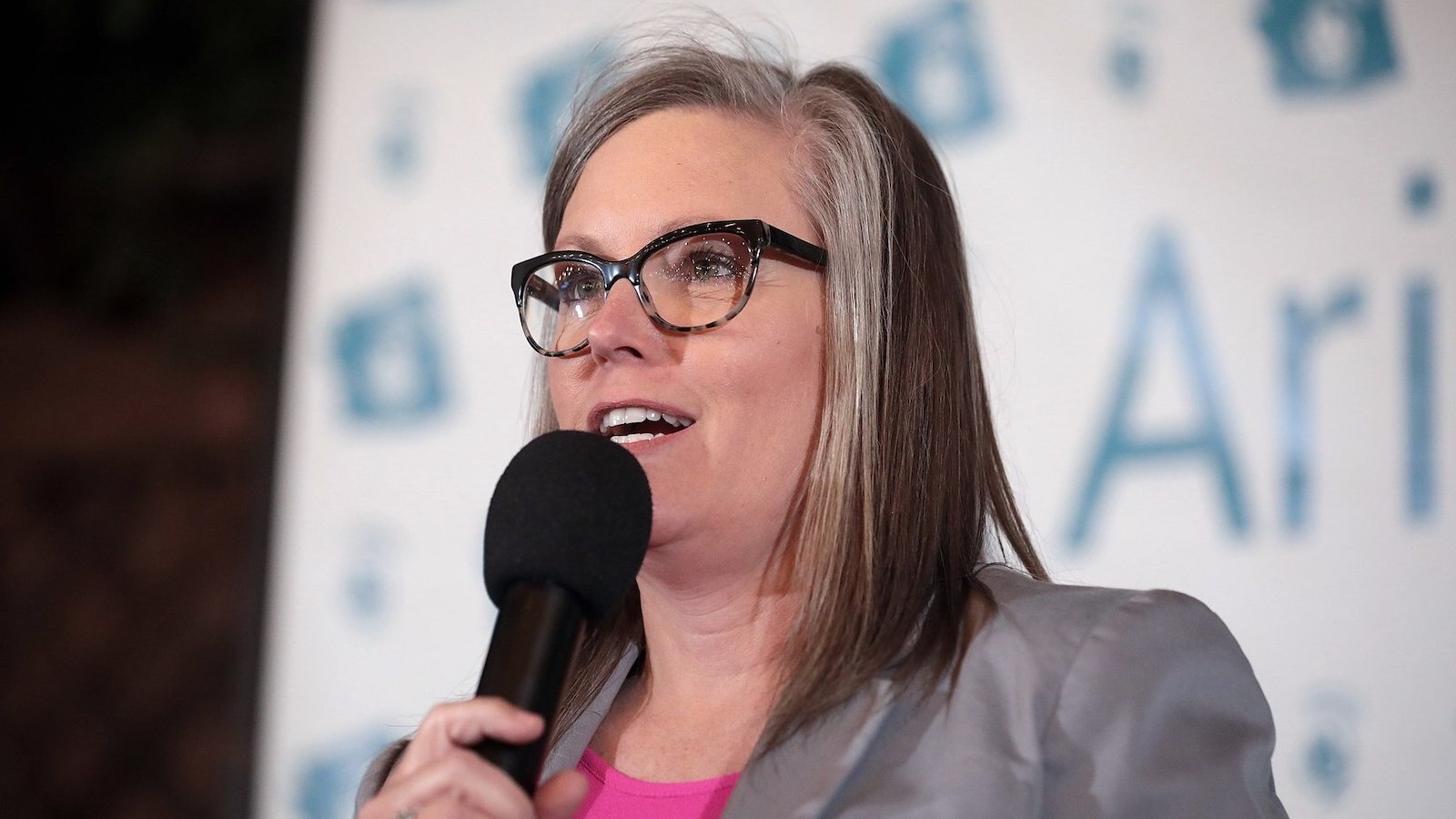In a decisive move to uphold the principles of academic integrity and shared governance, Governor Hobbs vetoed a contentious bill that threatened to undermine the collaborative decision-making structure between educators and university executives. The bill, which had garnered significant opposition from the academic community, aimed to centralize authority within university administrations, effectively sidelining faculty input on key institutional matters.
Governor Hobbs emphasized the importance of maintaining a balanced governance model in her veto statement, highlighting that educators’ insights and expertise are vital to the successful operation and evolution of higher education institutions. “Our universities thrive when there is mutual respect and collaboration between faculty and administration,” Hobbs asserted. “This bill would have disrupted that balance, to the detriment of our educational standards and the vibrant academic environment we strive to cultivate.”
The proposed legislation sought to grant university executives unilateral control over critical decisions, including curriculum development, budget allocations, and faculty appointments. Proponents argued that such measures were necessary to enhance operational efficiency and streamline administrative processes. However, critics contended that the bill would erode the foundational principles of shared governance, which ensure that those who are directly involved in the educational process have a voice in shaping policies that affect their work and the student experience.
Faculty members and academic organizations across the state lauded Hobbs’ veto, viewing it as a reaffirmation of their role in university governance. Dr. Jane Smith, a professor at a leading state university, expressed relief and gratitude. “This veto is a victory for academic freedom and the collaborative spirit that drives innovation and excellence in our universities,” she said. “Educators must be active participants in decision-making processes to ensure that our institutions remain responsive to the needs of students and society.”
The debate over shared governance in higher education is not new, but the intensity of the recent conflict underscores the ongoing struggle to balance administrative efficiency with democratic participation. Governor Hobbs’ decision reflects a broader recognition of the value of inclusive governance models that leverage the diverse perspectives of all stakeholders within the academic community.
As universities face increasingly complex challenges, from financial pressures to evolving educational demands, the need for collaborative governance structures becomes even more critical. By vetoing the bill, Governor Hobbs has reinforced the principle that effective leadership in higher education requires not just top-down directives but also the collective wisdom and commitment of educators who are dedicated to advancing knowledge and fostering student success.
In conclusion, Governor Hobbs’ veto represents a significant stand for shared governance and the preservation of academic integrity. It underscores the belief that the future of higher education must be shaped by a partnership between faculty and administrators, ensuring that universities remain dynamic, inclusive, and resilient in the face of changing landscapes.

